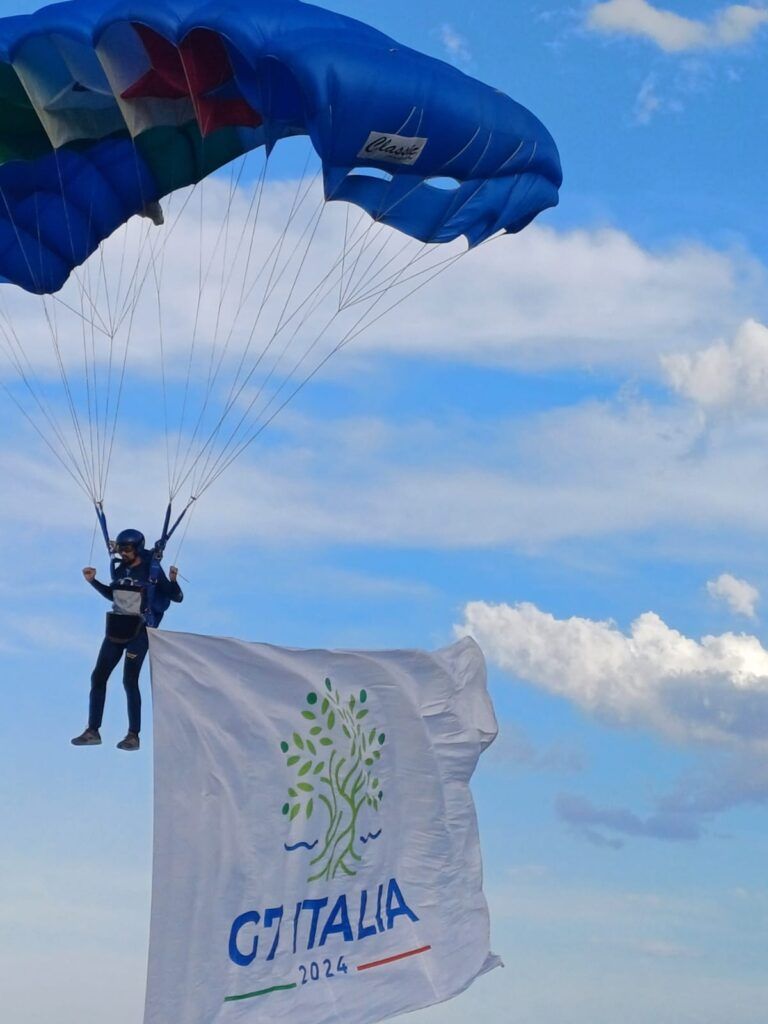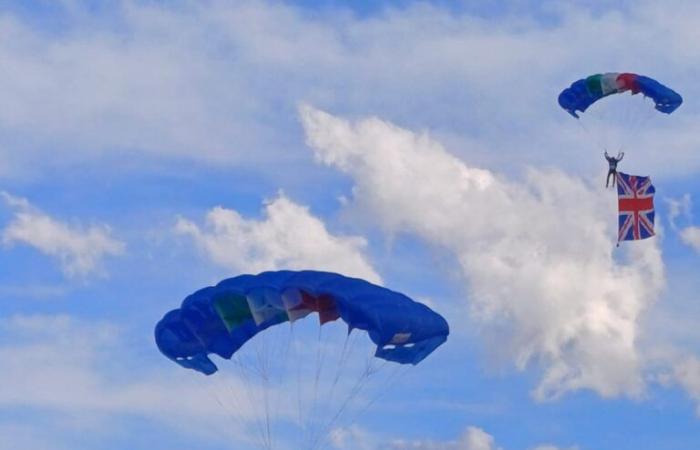16 Jun 2024 – 2024
The transformation of the Adriatic coast of Puglia south of Bari. A land once dominated by smugglers now shines under the international spotlight, but at a high cost. Here is the hidden story behind the glamor of tourism and the G7, and the sacrifice of those who paid with their lives for this change
BY Gianni Svaldi
The great people of the world don’t know it. And perhaps not even Giorgia Meloni and her staff. Probably not even the young leaders who organized the G7 Italyheld in Fasano and not to “Borgo Egnazia”, which is just the name of the accommodation facility that hosted the works and part of the delegations. And the many hunters for celebrities, and for a selfie with them, certainly don’t know it, crowded behind bars in Brindisi, Martina Franca, Grottaglie and Alberobello and in all the cities visited by the delegations, the first ladies and the first man of the heads of state. They don’t know it because sometimes the story is difficult to digest, because it isn’t written on tourist sites and certainly the influencers looking for free overnight stays for “a story on Instagram” don’t tell it. Or, simply, like after a war, people remove. Where the powerful of the earth spoke of hunger, war and poverty (of others), 24 years ago it was a bitter land. The smugglers were in charge. Hard, violent years. On that Bari-Brindisi highway, freshly asphalted, beaten for three days by blue cars and escorts, armored vehicles loaded with cigarettes ran without the band of the state monopoly.
Now it seems impossible. With the spaces occupied by beaches and structures for the wealthy, even the memory of a reporter must make an effort to remember that it was better not to go there after sunset or in the early hours of the morning. In the approximately 10 years of the phenomenon’s boom, blondes hundreds of millions of dollars, perhaps billions, passed through where the macro story rested for three days. The cartoons arrived in super speedboats from the nearby coasts of Montenegro and Albania and within 10 minutes they were loaded onto land vehicles (vans and jeeps). When the smugglers were short of manpower, they hired kids from Fasano and the area, even couples to get ahead: 100 thousand lire each for 15 minutes of work in a land of hunger. A boy told me that in two days he had earned 200 thousand lire: the wages of his mother’s laborer’s work for two weeks. With him a sad, skinny friend. They didn’t want him as a longshoreman: “They told me ‘go to the gym, you’re skinny’, they gave me a carton of cigarettes and sent me away.”
Where the speedboats unloaded there is tourism, a legal business
Now everyone wants to come to Puglia, yachts and Lamborghinis have arrived on that coast invaded by Jeeps and fast boats. The State is happy, the people of Puglia are happy, and those who have invested in beaches and facilities are happy too. Tourists are.
But in telling this story we haven’t talked about the price yet
Because there are those who paid for all this with blood. On February 28, 1998, the entire Brindisi area was called Marlboro City, and not without reason. Two state servants died on those roads blocked for three days by the G7. The financiers Antonio Sottile And Alberto De Falco. That year the smugglers’ armored vehicles came out of nowhere. Puglia looked like the set of a film about drug traffickers. Only it was real and close, at least for those who lived there. The two were 33 and 29 years old, green berets from the Emergency Anti-Terrorism Company, and were traveling in a Fiat Uno, a small box. That night the patrol – in the back seats Edoardo Roscica And Sandro Marras who were injured – collided on the coplanar road of State Road 379, at kilometer 46+300, with a column of heavy Jeeps.

It was terrible: less than 1000 kilograms of Fiat sheet metal against 4000 kilograms of steel from the smugglers’ first armored vehicle traveling at full speed. Operation Spring began from those two deaths 24 years ago. Two dead, dead soldiers: at that point even those who minimized the problem had to give in. The money from smuggling, millions and millions of dollars, was spent in the area and not everyone looked at the phenomenon with disappointment. But two deaths are not hidden, the national news programs and newspapers talked about it. The State raised its head and employed extraordinary resources of men and means. Demonstrating the fact that when you want to win, you win in Italy. The smuggling ended, as does this story which serves to remind us that often the happiness, light-heartedness and “pride” of many Apulians in hosting the G7 is built on the skin and blood of a few. This story ends here, for now. And there are still many question marks. What happened to those rivers of money? In addition to the confirmed deaths, how many other innocent people lost their lives in accidents caused by smugglers? You can read the other story, that of the tourist boom, in the brochures and tissue papers.
Over the years the State said it had won, and dedicated plaques to the fallen; the local smugglers, now elderly people who go to bed early as in the famous line from the film “Once upon a time in America”, instead made it clear that the business was only over, replaced by other even more lucrative trafficking: human beings and drugs.
Tags: Fasano, G7, Puglia, top







